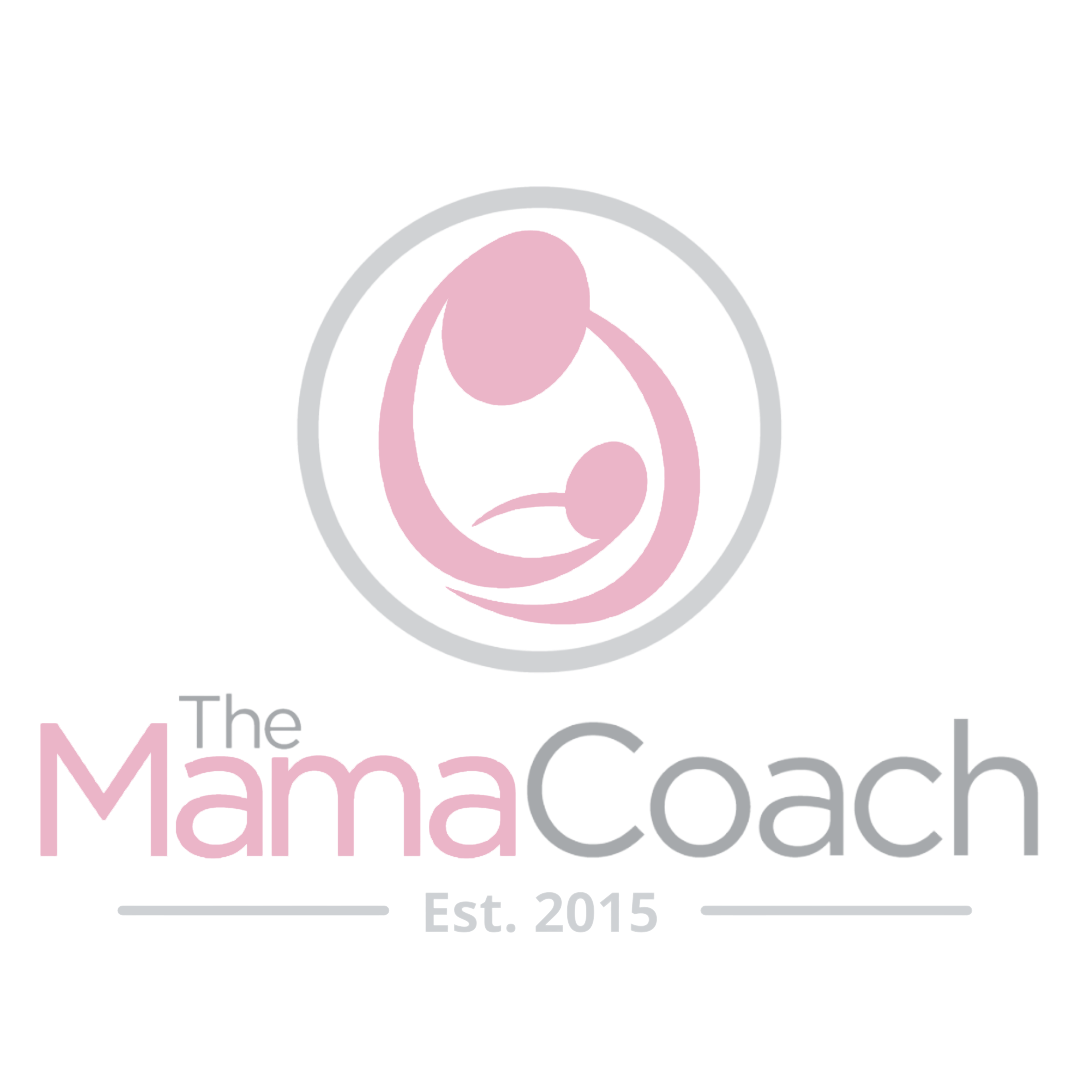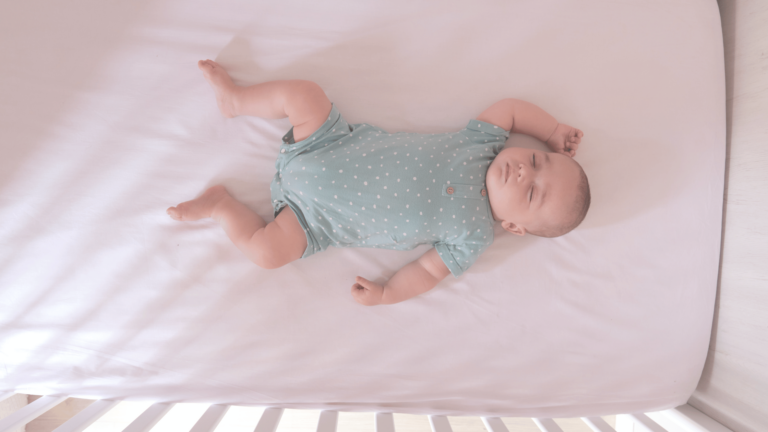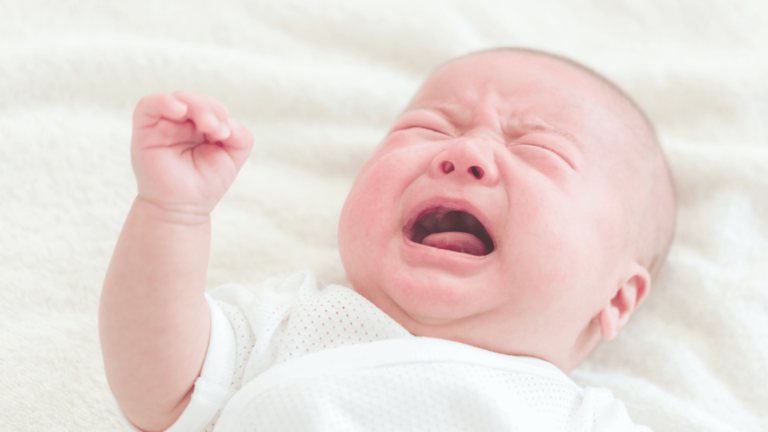Nursing your newborn may be a great way to get them to sleep. Unfortunately, there comes a point in your little one’s sleep maturation that breastfeeding to sleep can become the cause of frequent wake-ups. Whether it be at the breast, bottle, or pacifier, sucking is one of the primary ways that infants soothe. While breastfeeding, your baby is snuggled up close to your warm body and drinking nutritious and delicious breastmilk. Sounds like a cozy way to fall asleep, right?
Before we are able to better understand the implications of nursing to sleep, there are a few foundational facts about sleep we need to cover.
Sleep Cycles:
Babies and adults alike cycle through different kinds of sleep throughout the night. These kinds of sleep are classified as REM (Rapid Eye Movement) and Non-REM stages of sleep.
REM sleep is the light sleep when dreams occur. Your baby will be more active during this phase of sleep. They will likely move (kick, roll, crawl) or make more noises (yell, cry, grunt, whimper) during REM sleep.
Non-REM sleep is the quiet portion of sleep and has 4 stages:
Stage 1: is the drowsy stage. Their eyes may droop, and they will appear to be dozing off.
Stage 2: light sleep, they may be moving, and will startle or jump with sounds or movement.
Stage 3: deep sleep, the baby is quiet and does not move
Stage 4: very deep sleep, the baby is quiet and does not move
Sleep is very wave-like in infants. They will start in stage 1 of non-REM sleep, move to stage 2, then, 3, then 4, then back to 3, then 2, then on to REM sleep. Infants spend about half of their sleep in REM sleep, and a sleep cycle may last from 50-90 minutes. It is very normal for infants (and adults) to have either full or partial wake-ups in between sleep cycles. With good sleep skills, your baby will be able to put themselves into a subsequent sleep cycle without a full wake-up.
Sleep Associations:
Around the 3-4 month mark, many parents notice a drastic change in their baby’s sleep. There are many changes that happen around this age, including the development of sleep associations. Your newborn likely didn’t care where they slept (car seat, stroller, swing, your arms, etc.), and then out of nowhere what used to work is no longer doing the trick. The entire sleep environment begins to become very important to infants around this time. The place your baby falls asleep, the noises they hear, if they are eating/sucking while falling asleep. These are all aspects of their environment. If any aspect of that environment changes during the course of a sleep cycle, your baby is more likely to have a full-blown wake-up when they enter a lighter stage of sleep.
Imagine falling asleep in your warm, cozy bed, and waking up on your front lawn. It is very unlikely that you will turn over and go back to sleep after waking up in any place other than your warm, cozy bed. This is exactly what it feels like for a baby who fell asleep breastfeeding. If they fall asleep in your warm, cozy arms, sucking delicious and nutritious breastmilk, it is very likely they will require the same to help them into subsequent sleep cycles.
As a rule of thumb, I tell parents that if any part of their sleep environment involves YOU, then you will need to be prepared to offer them whatever help you gave them to fall asleep every few hours as they move through sleep cycles. Some moms are more than happy to wake up throughout the night to nurse their babies back to sleep. If it’s not a problem for you, awesome! If you are exhausted and craving more consolidated sleep for your whole family, then your local Mama Coach can help you reach your sleep goals.








